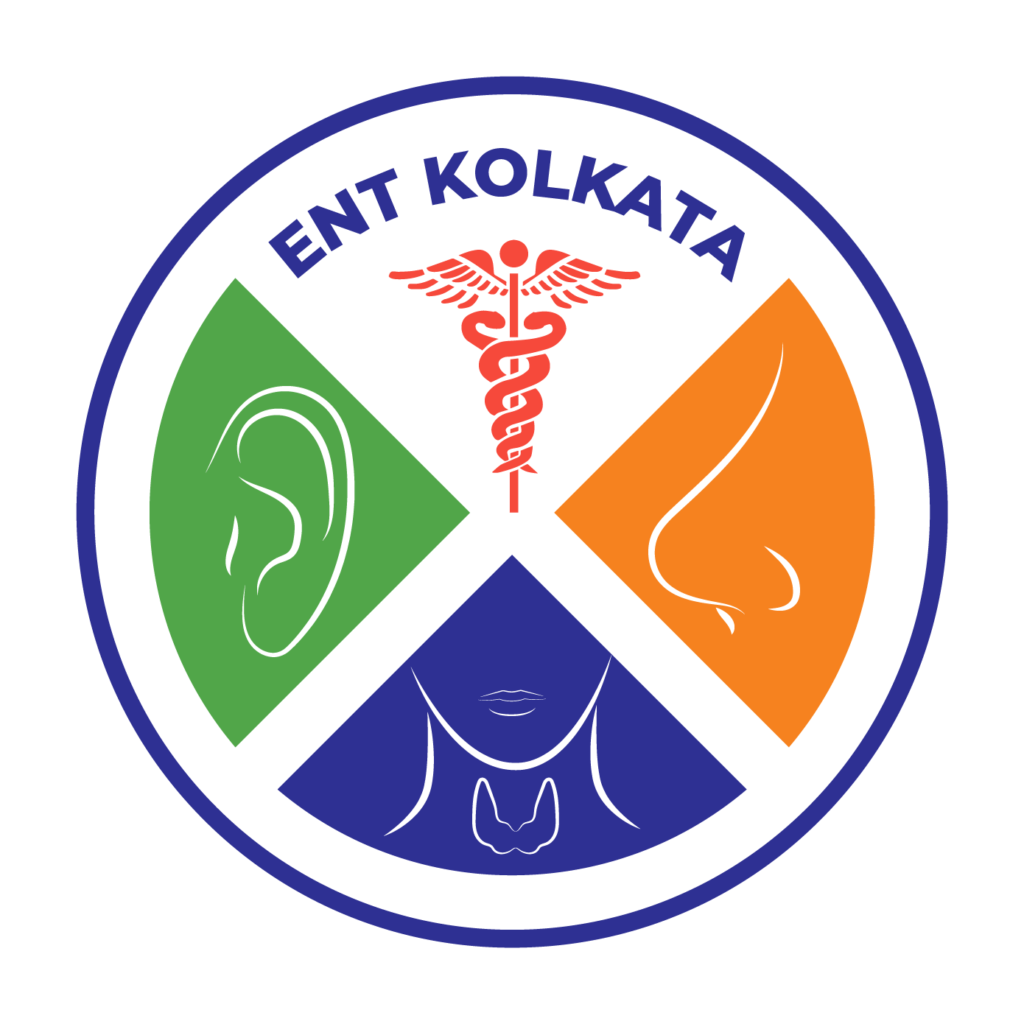Ear disorders encompass a wide range of conditions that affect the ear’s various structures, including the outer ear, middle ear, inner ear, and the auditory nerve. These disorders can result in hearing loss, balance problems, ear pain, and other symptoms. Here are some common ear disorders:
Ear Infections (Otitis Media and Otitis Externa): These infections can occur in the middle ear (otitis media) or the outer ear (otitis externa, commonly known as “swimmer’s ear”). They often cause ear pain, hearing loss, and sometimes discharge from the ear. Middle ear infections are more common in children.
Tinnitus: Tinnitus is the perception of ringing, buzzing, or other noises in the ear when no external sound source is present. It can be caused by a variety of factors, including exposure to loud noises, age-related hearing loss, or underlying medical conditions.
Hearing Loss: Hearing loss can be caused by a range of factors, including age, noise exposure, genetics, infections, and more. It can be conductive (related to problems in the outer or middle ear) or sensorineural (related to issues in the inner ear or auditory nerve).
Meniere’s Disease: This condition is characterized by recurrent episodes of vertigo (a spinning sensation), hearing loss, tinnitus, and a feeling of fullness in the ear. It is believed to be related to fluid balance in the inner ear.
Earwax (Cerumen) Impaction: Sometimes, earwax can build up and block the ear canal. This can lead to hearing loss, tinnitus, or ear pain. Healthcare providers can remove impacted earwax safely.
Benign Paroxysmal Positional Vertigo (BPPV): BPPV is a condition where small calcium particles in the inner ear disrupt normal balance function, leading to brief episodes of intense vertigo triggered by changes in head position.
Cholesteatoma: This is an abnormal, non-cancerous skin growth that can develop in the middle ear or mastoid bone. It can lead to hearing loss and ear infections if not treated.
Barotrauma: Barotrauma is ear discomfort or pain caused by changes in pressure, often experienced during air travel, scuba diving, or when driving at high altitudes.
Acoustic Neuroma: Acoustic neuromas are benign tumors that develop on the vestibulocochlear nerve, which controls hearing and balance. They can lead to hearing loss and balance problems.
Congenital Ear Disorders: Some individuals are born with ear abnormalities, such as congenital hearing loss or ear malformations.
Treatment for ear disorders depends on the specific condition. It may involve medications, antibiotics for infections, hearing aids for hearing loss, surgery for conditions like cholesteatoma or acoustic neuromas, or therapies to manage symptoms like tinnitus or vertigo. If you suspect you have an ear disorder or are experiencing ear-related symptoms, it’s important to consult with an ear, nose, and throat (ENT) specialist for a proper diagnosis and treatment plan.
